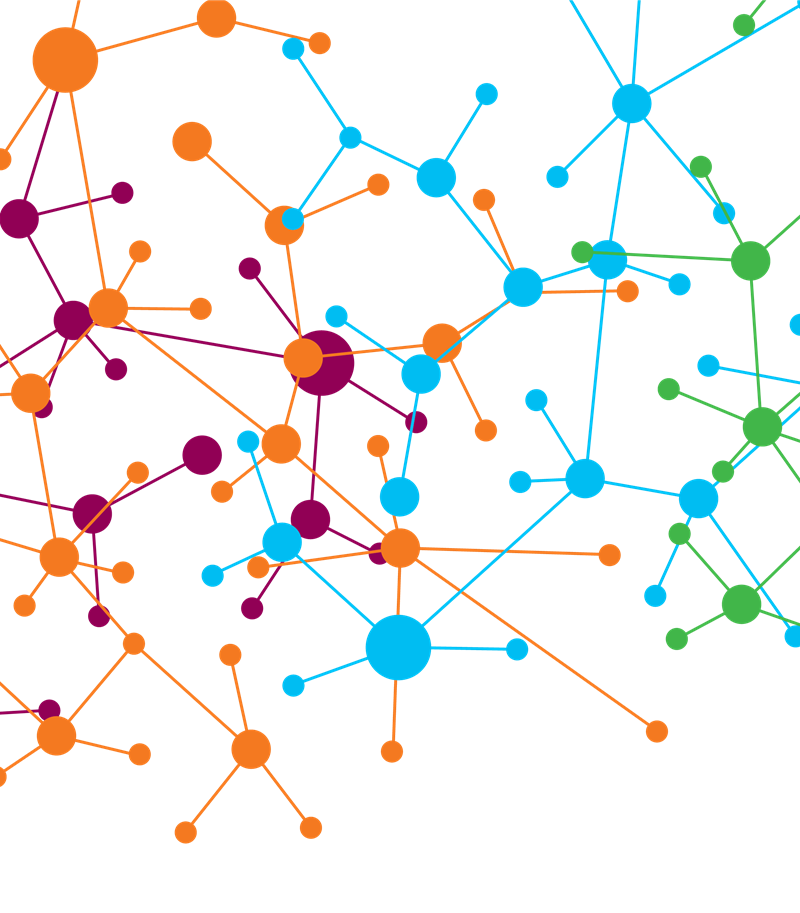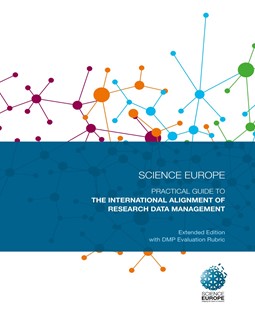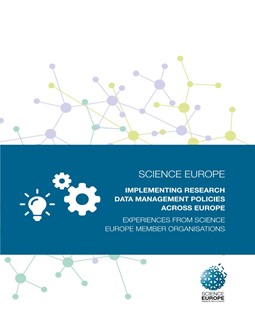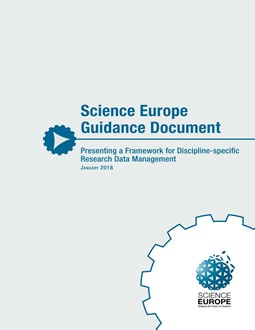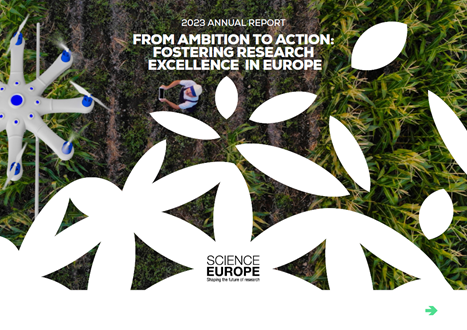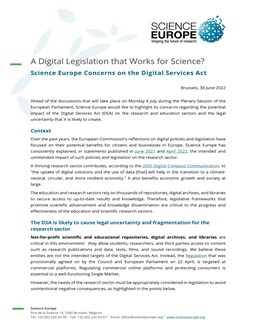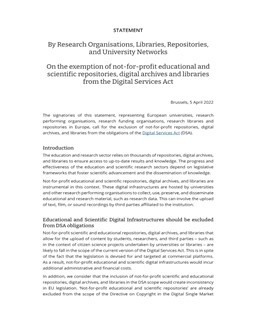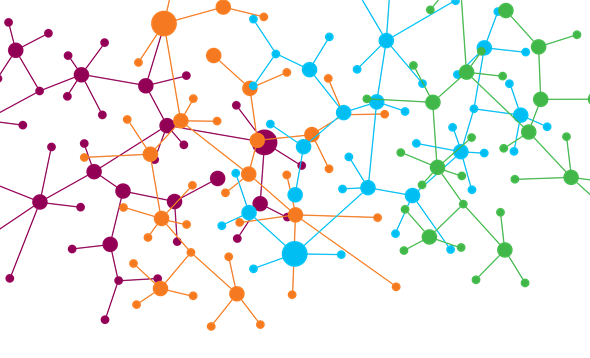Practical Guide to the International Alignment of Research Data Management
Science Europe’s Practical Guide to the International Alignment of Research Data Management offers targeted guidance for organisations, disciplines, and individual researchers. Originally released in 2019 and following its successful uptake by many organisations, it was updated in January 2021 to include guidance to support the evaluation of data management plans (DMPs).
The guide presents core requirements for DMPs and an evaluation rubric, as well as criteria for the selection of trustworthy repositories. This provides research organisations and communities with a common basis to develop data management practices and policies from. Researchers will also find guidance on how to comply with organisational requirements.
Adaptable templates for organisational or disciplinary use
The different elements of the guide should be considered minimum requirement that can be amended to accommodate institutional or disciplinary policies and practices. Organisations and disciplines can use the following templates (in .docx and .odt formats) to adapt the basic framework to their needs:
RDM Guidance for Organisations
- Core Requirements for Data Management Plans (DOCX | ODT)
- Criteria for the Selection of Trustworthy Repositories (DOCX | ODT)
RDM Guidance for Researchers
- Template for Data Management Plans (DOCX | ODT)
- Guiding the Selection of a Trustworthy Repository (DOCX | ODT)
RDM Guidance for Reviewers
- Template for a Data Management Plan Evaluation Rubric (DOCX | ODT)
Additional external tools
Several online tools have been created to support researchers creating their own DMPs or checking the level of FAIRness of their DMPs. A number of these have integrated a template based on the Science Europe guidance as part of their service offer:

